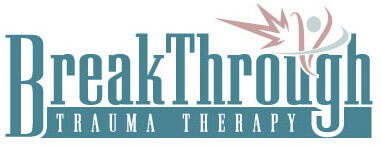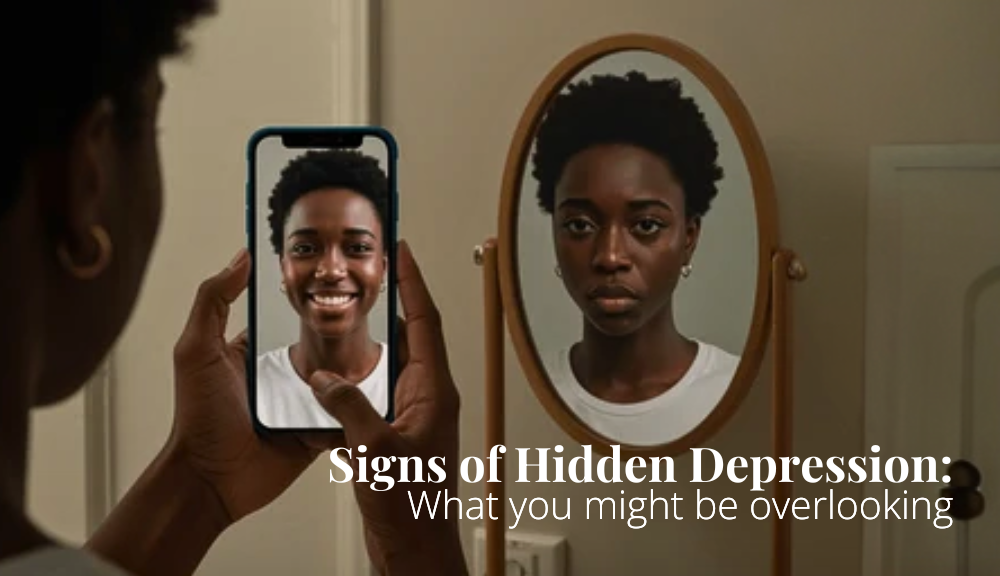Depression has become such a common phrase today that it has almost lost its meaning as a debilitating mental illness. Unfortunately, major depression continues to be a significant driver of death, disease, disability, and financial strain. Statistics show an annual record of 22 million people above the age of 18 with major depression diagnoses. This number does not cover the demographic that does not seek mental health care services.
As political upheavals, economic turbulence, and social constraints rage on, the likelihood of tolerating depression increases. Many people go through this mental condition without even knowing the severity of the mental anguish and burden they forebear. Here is an overview of depression, including the subtle signs and symptoms often ignored.
What is Depression?
According to the Diagnostic Statistical Manual of Mental Disorders, Fifth Edition (DSM-5), depression is a mood disorder characterized by persistent sadness and loss of interest.
The DSM-5 lists the nine symptoms as the criteria for diagnosing depression. Five of these signs must be present for a prognosis.
● Excessive or insufficient sleep
● Diminished interest in activities of daily living or hobbies
● Guilt or regret and feelings of worthlessness
● Lethargy that does not resolve with ample rest
● Impaired attention or concentration
● Appetite suppression or boost
● Psychomotor retardation and agitation
● Suicidal ideation and attempts
● An unyielding depressive mood
Symptoms are often individualistic, depending on a person’s temperament, social support, and degree of resilience. It has become common to see happy and social people confess to being
depressed. The same is true for individuals thriving in their careers. Due to the varied nature of symptom expression, many individuals remain unaware of their depression.
Here are hidden symptoms of depression that often go unnoticed until the symptoms worsen.
Heightened Irritability
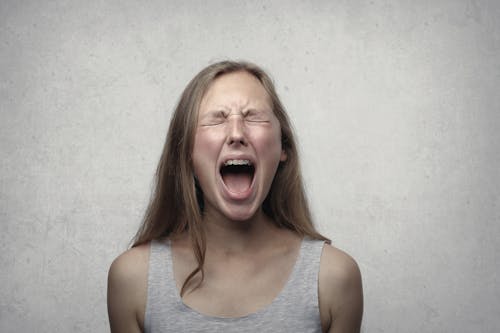
Do you find yourself uncontrollably cranky? You cannot explain why every little thing sets you off. Irritability can present itself as short temper flares or extreme frustration. Any attempts to rationalize the irritation prove futile.
Increased proneness to anger is a depressive symptom. It can be episodic or chronic irritability. Episodic irritability occurs as outbursts of intense anger, sometimes accompanied by aggression. On the other hand, chronic irritability is a grumpy mood that persists for days or even weeks before subsiding.
Memory Changes
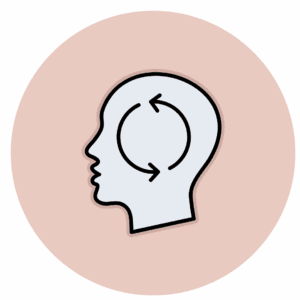
Depression tends to amplify negative memories and repress positive memories. It primes the brain to expect the worst possible outcome in situations and people. The mind regurgitates these negative thoughts through a phenomenon called rumination. Each cycle of negativity fortifies your beliefs and shapes your perceptions of failure and worthlessness.
A healthy mind rationalizes thoughts and feelings with facts. You do not know the outcome of an event. Your past failures do not define your future potential. Courage does not mean the absence of fear.
Depression also severely impairs executive functioning. It impedes your ability to control negative feelings and thoughts, solve problems, make alternative plans, and adapt to new situations. It also interferes with your working memory – your ability to integrate new information from long-term memory.
Compulsive Behavior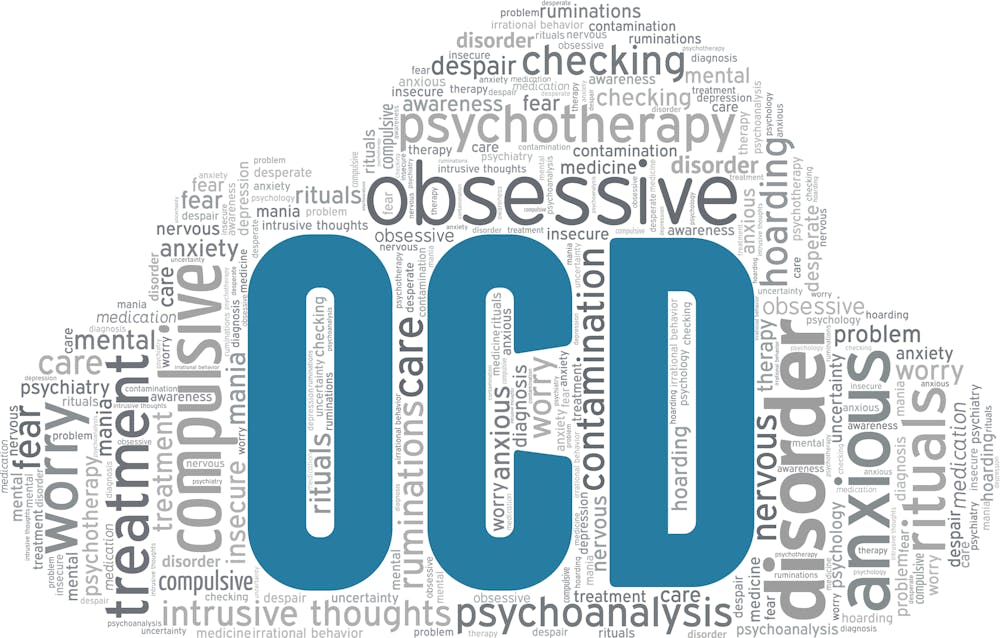
Although depression rarely presides over obsessive-compulsive disorder (OCD), it can evoke compulsions as a destructive coping mechanism. Research also shows that OCD and depression are comorbidities. Improving a depressive mood does reduce the severity of OCD symptoms.
One school of thought for OCD could be the desire to overcome the depressive mood through controllable actions. Unfortunately, excessive cleaning, meticulous organization, and ritualistic behaviors are not effective solutions for depression.
Physical Pain or Aches

The imbalance between adrenaline and cortisol in depression can cause physical pain. Adrenaline causes physiological changes that affect cardiovascular health. It increases breathing, heart, and blood flow rate to boost oxygen levels in the brain and muscles for fight or flight.
The brain uses the adrenaline-boosted oxygen to heighten alertness toward perceived threats. Its hypervigilance evokes rumination, leading to vague headaches and mental fatigue. The muscles use oxygen to enhance contraction and relaxation rates. Frequent muscular contraction and relaxation increase tension, fatigue, and pain in the limbs, back, and joints.
Gastrointestinal Problems

Cortisol is a glucocorticoid hormone. It facilitates the breakdown and release of glucose from the body’s reserves to the brain and muscles as positive feedback to the stress response or anxiety. The body burns glucose in the presence of oxygen to produce energy.
Cortisol also represses activity in other body systems to reduce energy expenditure. It decreases action by inducing nausea and diarrhea to clear the system. The long-term effect of this hormone in the gut is gastrointestinal problems like hyperacidity, ulceration, and inflammation in the gut walls, and severe diarrhea or constipation.
Avoidance
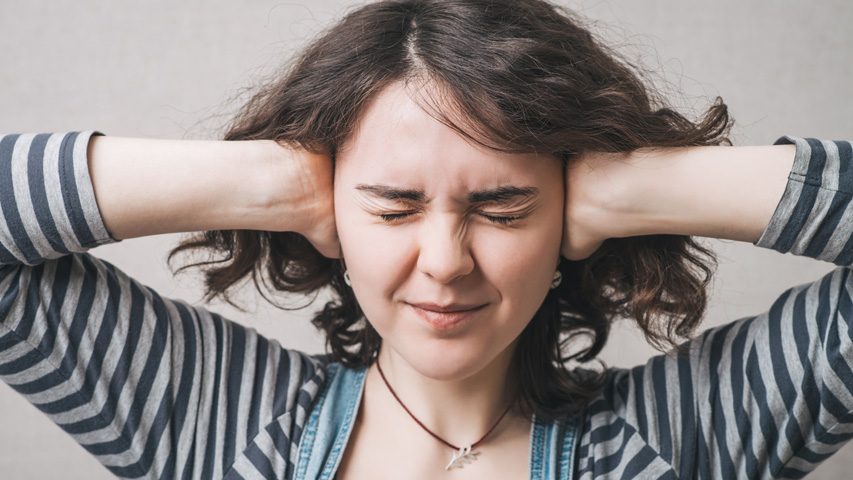
In cases where the depression source is known, like a toxic work environment or domestic violence, avoidance can be a coping mechanism. You can avoid the source of your pain subconsciously. In most cases, avoidance pushes you to maladaptive behaviors like substance abuse to forget the ordeal.
Using food for comfort or becoming promiscuous are also within the realm of possibilities for avoidance. Other people prefer to live life on the edge to overcome their depressed state.
All these actions are psychostimulants. They activate the reward pathway, which counters the stress response. However, their impact is usually short-lived, leading to addiction.
Indecision

Depression robs hope. It also evokes feelings of helplessness. Both symptoms decrease the propensity to try or proactiveness in decision-making. Passiveness in making decisions heightens in situations that directly contribute to depression. The fear of failure, guilt, shame, and the prevailing negative outlook fortify indecision, leading to missed opportunities and diminishing options.
Loneliness

A depressed mood craves isolation. Being around people who seem to have their lives together can augment feelings of worthlessness. However, even with a supportive social circle, depression can persist, leading to profound loneliness among friends and loved ones. Many people feel empty, alone, and lost in thriving social circles, not because of toxicity, but because of their depressive state.
You Can Find Relief From Depression

You do not have to contend with a depressive mood. Find a counseling psychologist today for depression therapy. It takes your willingness to heal, the intervention of a professional therapist, and a supporting community to overcome depression. Start your healing journey today.
Contact Us